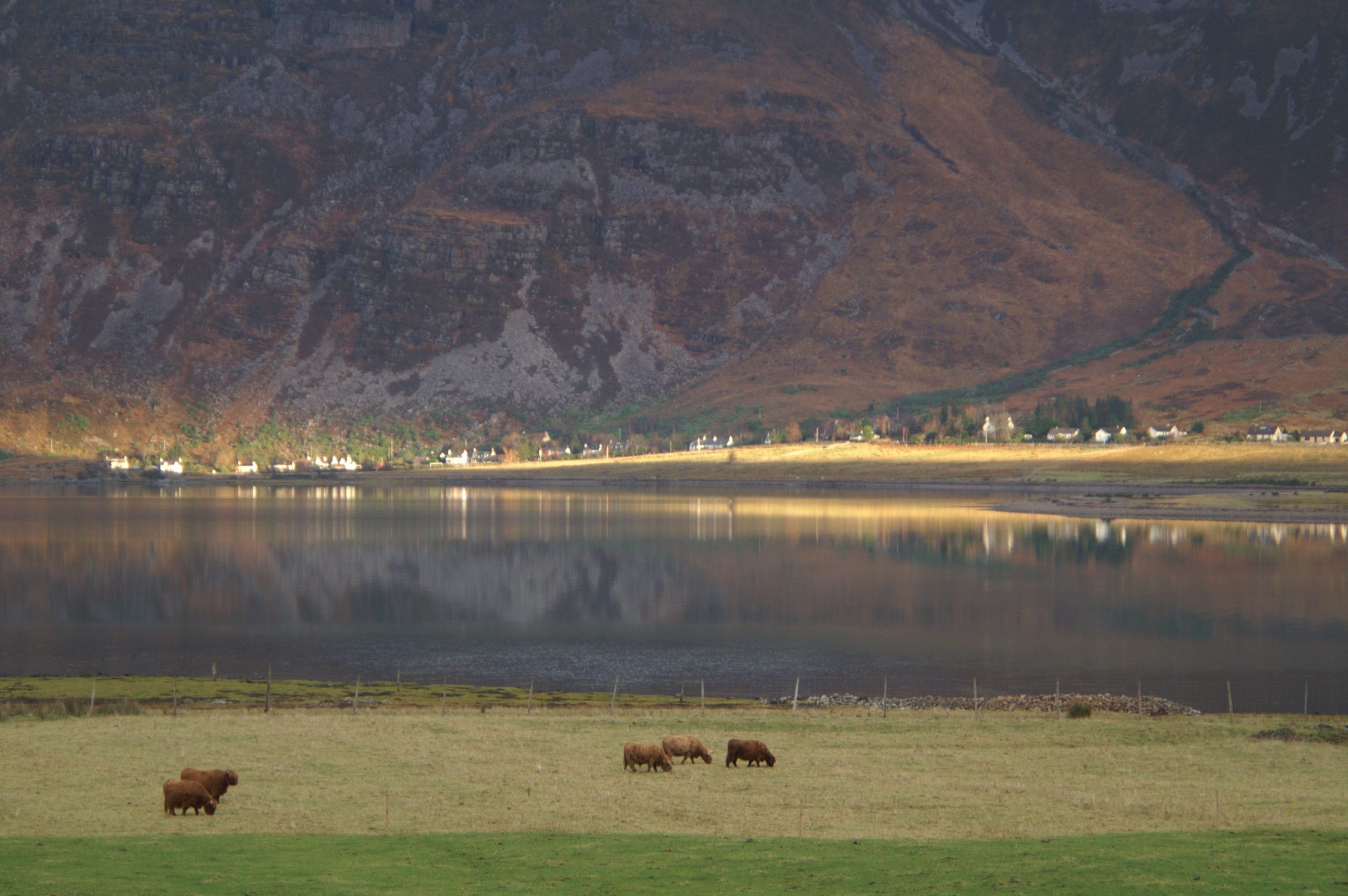By Jane Craigie
There’s a great podcast called Flash Forward, it covers concepts of tomorrow, such as superfast healing bandages, getting paid for your personal data and the future of diplomacy if leaders couldn’t lie.
In today’s reflection I’m doing my own flash forward to how blockchain could increase demand for and assurance of Scotland’s food. My interest in the technology has been sparked by Marieke de Ruyter de Wildt of
The New Fork and Paul Mayfield at SAC Consulting; both see a bright future for food integrity.
The concept is that with blockchain – an encrypted digital record of data and transactions – we can track the origins, the ethics and the assurance of a food product, and also its story, its advocates and its community.
Applications of the technology can benefit farmers by tackling food fraud, like passing off cheap, low grade vegetable oil as olive oil, or horse meat as beef. It can be used to build consumer following, for example there is a blockchain-based app that allows a consumer to choose to pay a farmer more for the milk they have bought.
Aberdeenshire farmer, Andrew Booth, is using it to give total assurance that the oats being milled in his plant on his farm are gluten free.
For consumers seeking safe food – free of allergens or contamination – trust that the product is what the label states, is where blockchain will play an increasingly important role.
And for farmers, using blockchain to record and embed solid data submissions – what fungicide was applied where and when, fuel use and photographs of storage cleanliness – for all produce sold, could increase price paid, with the right contract agreements.
So, flashing forward as we look to build our international trade relations, how could blockchain help Scotland’s food and drink producers? Greatly, I would say. Embedded in Scottish food is its quality and the iconic brand story of our country. We know our seed potatoes are the best in the world, our iconic Scotch meat brands demonstrate provenance, quality and conjure up images of the majestic landscape on which it was reared.
Our whisky sector brings in over £5.5 billion in annual revenue and the rare and limited-edition bottlings trade is huge. Consumers investing in a quality brands want to know a deeper, truer story of its origin, how it is made and by who.
Blockchain could play a big part in building the Scottish food and drink reputation further still, and earning us the reputation that if there is a Scotch label on something then it is the best quality, it supports even the most remote of our rural communities and has the richest heritage back-story in the world.
As a marketer interested in brand trust and loyalty, blockchain fascinates me and I’ll be keeping a close eye on how we can apply it to our food and farming sector.

